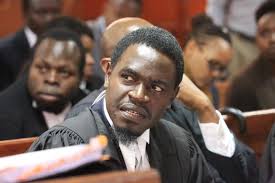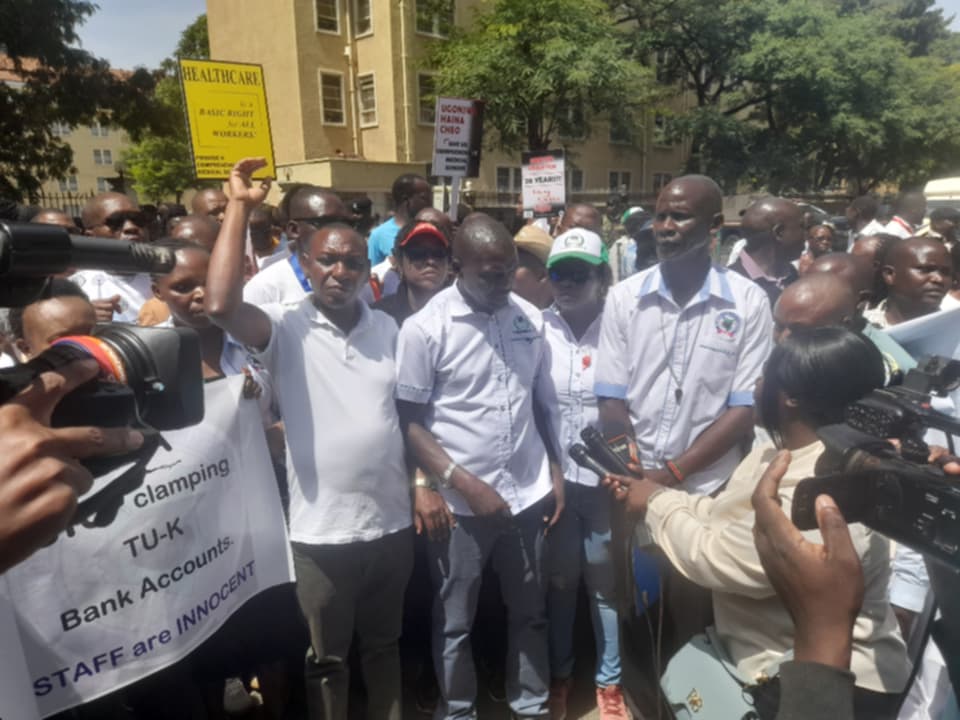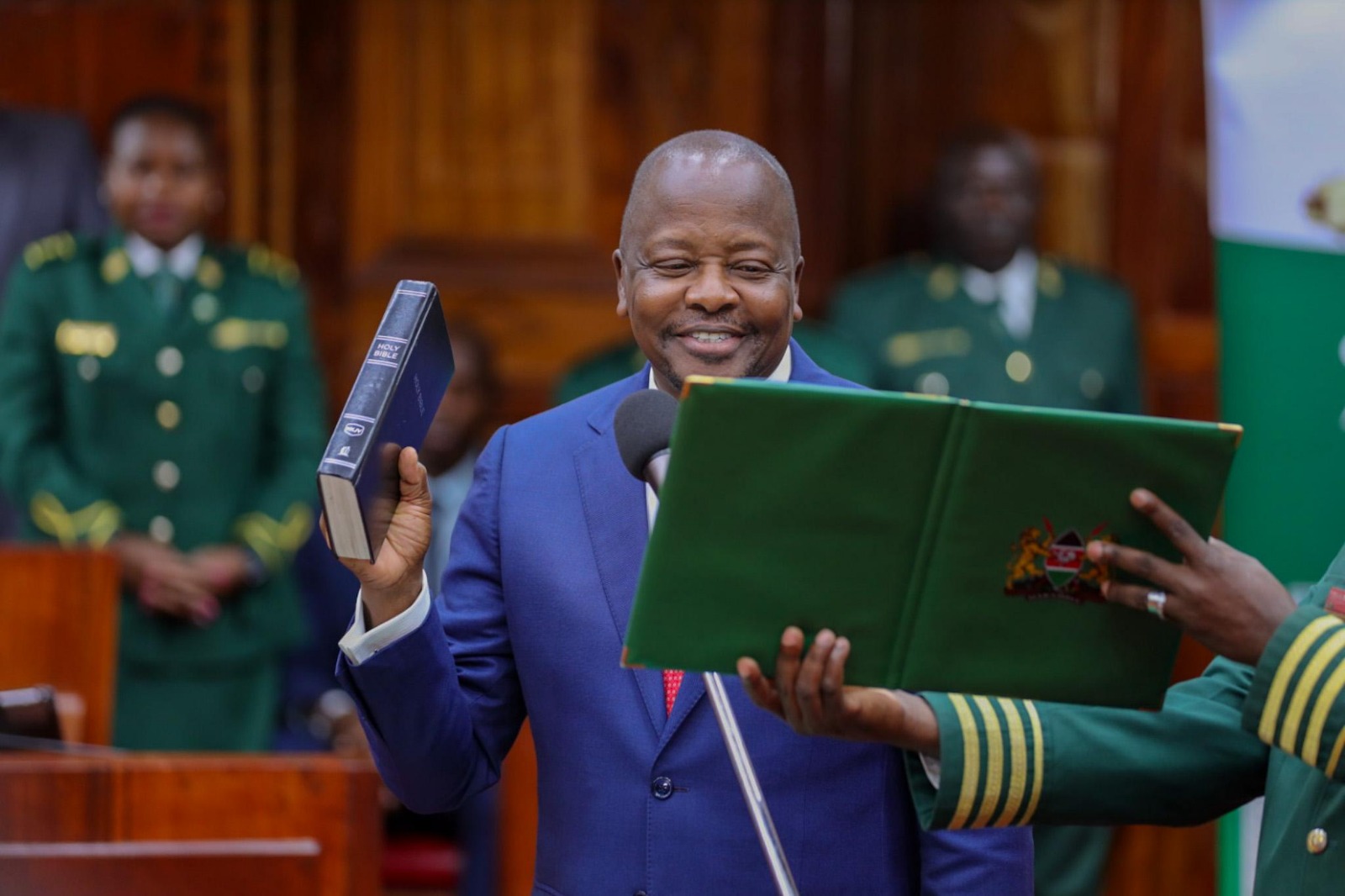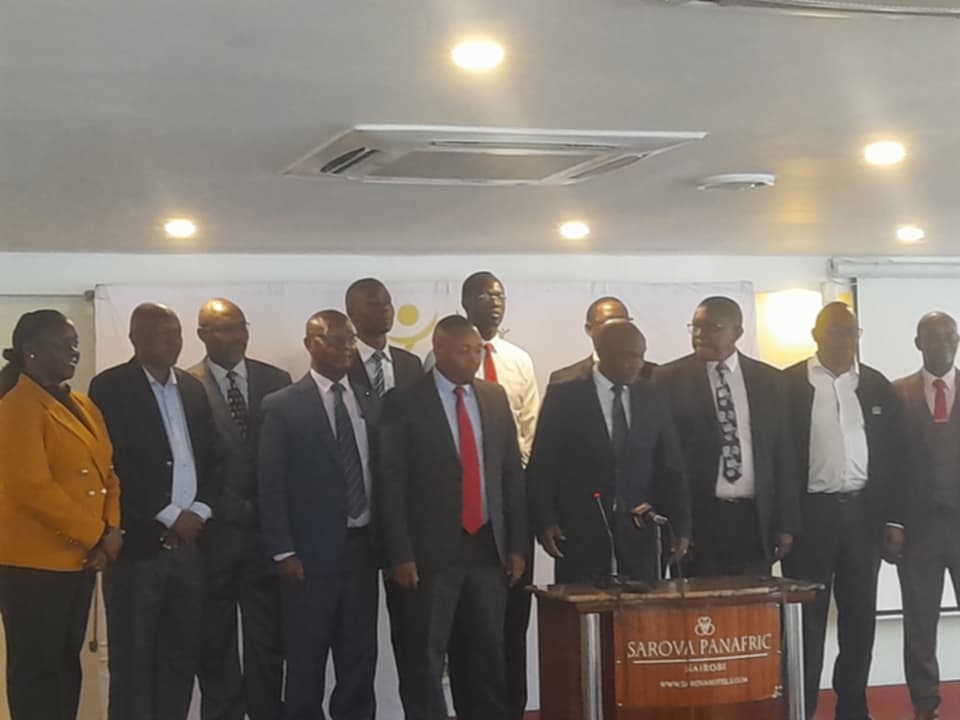LSK move to challenge Kananu’s elevation bound to raise queries
The LSK is lately citing the same grounds in opposing Kananu from assuming the position of Governor. This brings to the fore two questions. Why did they fail to immediately oppose her nomination? Why wait until when the assembly approves her name? Could it turn out the LSK was pushing the agenda of certain political forces?

When I heard that the Law Society of Kenya [LSK] was planning to challenge the process that culminated in the elevation of Anne Kananu as the deputy governor of Nairobi, the first question that came to my mind was. Did the LSK have a strong case? As we know, the opinions of the legal experts were divided.
Let me explain why I would be persuaded to support those who rallied behind her. As required by the provisions of the constitution, Governor Mike Sonko set the ball rolling when he nominated her.
Soon after, a voter moved to court to challenge Sonko’s move on grounds that he had no powers to do so. This is because he had already been arraigned in court where he was facing charges of corruption and barred from accessing the office. The voter later withdraws the case and this would clear the way for the county assembly to vet and approve her.
The LSK is lately citing the same grounds in opposing Kananu from assuming the position of Governor. This brings to the fore two questions. Why did they fail to immediately oppose her nomination? Why wait until when the assembly approves her name? Could it turn out the LSK was pushing the agenda of certain political forces?
We know one wing of the Jubilee government has been rooting for an election to be held in Nairobi. This camp is known to be obsessed with 2022 Uhuru succession politics.
To them, their candidate will not be blamed if Jubilee fails to deliver. The President is the one who will carry that burden. This is wishful thinking. Kenyans know that the 2010 constitution provides that the presidency is comprised of President and his deputy. As such, the provisions and grounds for removing each from office are similar. In the old constitution, the President had the power to hire and fire his deputy.
For now, President is keen to deliver on the Big Four agenda, war on corruption and BBI. He has already established Nairobi Metropolitan Service [NMS] which is doing a superb job of providing services to Nairobians.
To me, the drafters are to blame for failing to enact clear provisions on how the position of the deputy governor should be filled. Let me ask this. If the governor nominates the deputy and then dies, resigns or is impeached before the process of vetting is completed, what will happen? If the nominee is approved, does it mean he or she will not assume that office because there will be no governor to sign and put a seal on the letter of appointment?
I would propose that the decision should not be reversed. The nominee should take up the job.
Again, the drafters failed to guide the country on this issue. If a governor is charged in court and barred from office, does the law allow him to continue discharging the mandate in full? If not, what duties the holder can undertake? Can he or she nominate the deputy?
For now, no one can answer these questions satisfactorily. Given this scenario, I would not expect those opposing Ms. Kananu’s elevation to have their way. For the LSK, there are big lessons to learn. If members want Kenyans to take them seriously, they should support the BBI process.
Joseph Mutua Ndonga is a Social Commentator and Blogger








